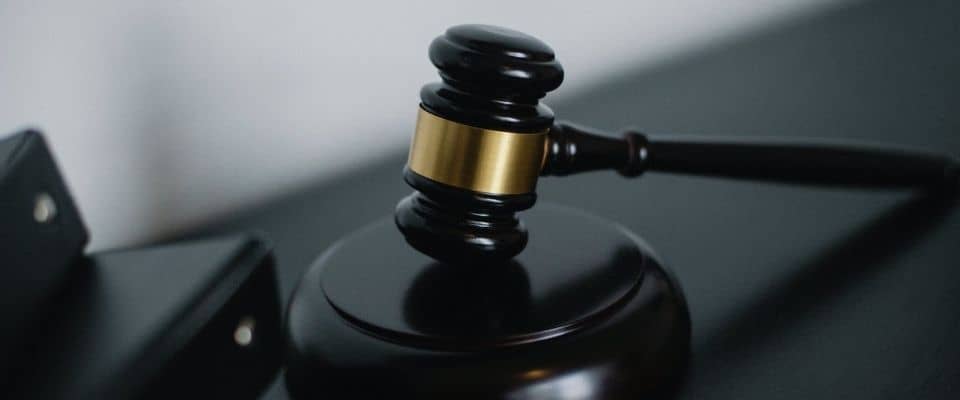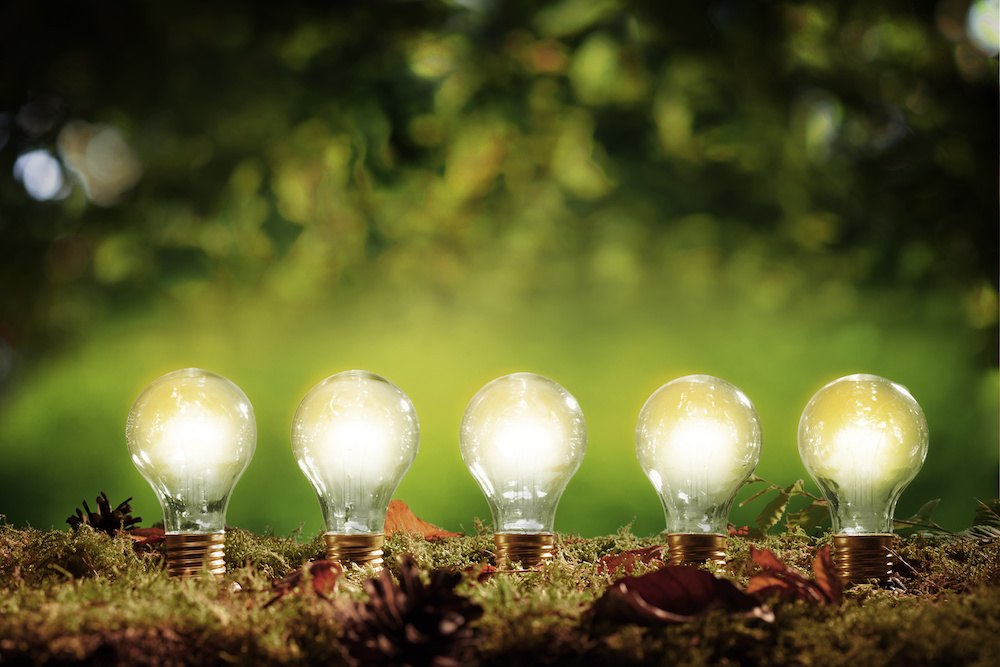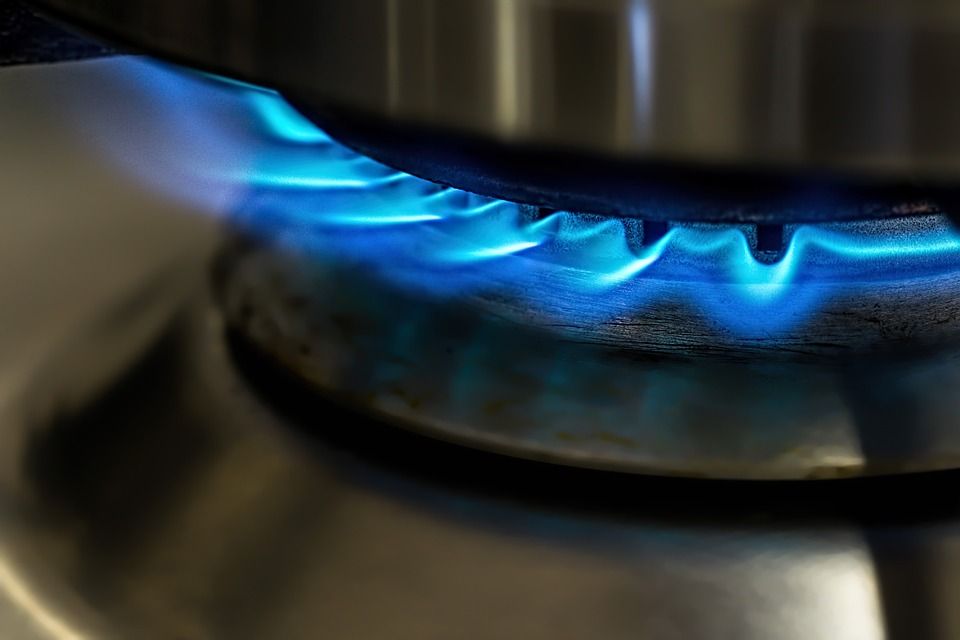
CWaPE, CREG, Brugel, who are the energy market regulators?
Since the liberalisation of the energy market in 2007, the number of players needed for its proper functioning has increased in Belgium. Regulators are included in this number. But who are they, how are they spread across our territory and above all, what is their role?
What is an energy market regulator?
As the name suggests, the purpose of an energy regulator is to regulate the energy sector. In other words, its primary objective is to ensure its proper functioning. But that’s not all! Consumers benefit from their presence as they also act as a mediator. In fact, the second task of energy regulators is to defend consumers’ rights on a daily basis.
In Belgium, there are four energy regulators, one at federal level and three at regional level:
- CREG, the federal regulator;
- CWaPE, in Wallonia;
- VREG, in Flanders;
- Brugel, in Brussels.
Overall, these four bodies all have the same role to play in the territory allocated to them, with the difference that CREG has the authority to decide on certain actions and choices made by regional regulators.

CREG, the federal energy regulator in Belgium
CREG (Gas and Electricity Regulatory Commission) is the federal energy regulator. On a daily basis, its main tasks are to:
- Ensure transparency and competition in the electricity and gas markets in Belgium;
- Approve transmission costs set up by the transmission system operators Elia (for electricity) and Fluxys (for natural gas);
- Ensure that the interests of Belgian consumers are respected;
- Ensure that the market is in line with public interest and corresponds to the overall energy policy;
- Advise public authorities.
But CREG does much more on a daily basis! For example, every three months it approves the implementation of the new social tariff that all energy suppliers will have to implement. This is a reduced tariff aimed at certain categories of persons and households.
All of CREG’s competencies are established by Belgian law. Its budget is covered by federal contributions. These cannot exceed the initial budget set by the House of Representatives.
Do you own a business with an energy consumption of more than 100,000 kWh?
Is your business paying too much for energy? Whether you run a small business or a large company, energy costs can eat into your profits. By comparing energy providers, you could lower your rates and save thousands each year.
CWaPE, the energy market regulator in Wallonia
The CWaPE (Walloon Commission for Energy) is an independent body of the Region and the Government. It has two main tasks every day:
- Advise the Walloon public authorities with regard to the energy market in the given territory;
- Monitor the players in the sector and ensure the proper application of rules and decisions taken by the public authorities in the Walloon Region.
As part of its second task, the CWaPE approves the distribution tariffs set up by the Walloon DSOs (Ores, Resa, REW, AIESH, AIEG), ensures the proper functioning of networks, resolves conflicts and, through its regional mediation service, manages complaints from consumers dissatisfied with their DSO or energy supplier.
>> Also read: Here is the best way to resolve a dispute with your energy supplier
Contacting CWaPE
Whether it is to file a complaint, learn about the energy market or for any other subject, CWaPE has a variety of means of contact:
- An online complaint form; Please note, however, you must be able to prove that you have attempted an amicable dispute resolution before submitting your complaint;
- A telephone number (081 32 53 02) for all questions relating to the electricity and gas markets and for disputes.
For all other questions, you can contact CWaPE on 081 33 08 10 from 9 am to 12 pm and from 2 pm to 4.30 pm (except Friday, until 4 pm).
Brugel, the Brussels energy regulator
Brugel is an independent body of the Government of the Brussels-Capital Region and is made up of a board of directors and a team of advisers. Since 2017, the regulator has seen its responsibilities increase and now carries out tasks in the water sector, in addition to those in the electricity and natural gas markets.
Brugel’s three main tasks in this new sector are:
- Control the price of water;
- Approve the general conditions and the establishment of a mediation service;
- Advise public authorities on the functioning of the regional water sector.
As regards electricity and gas, Brugel’s tasks are similar to those of other energy regulators in Belgium. On a daily basis, it therefore ensures the efficiency, reliability and accessibility of the distribution network for all producers and consumers. It also provides advice to the Government and the Brussels Parliament and ensures the proper functioning of the market as a whole.
VREG, the energy regulator in Flanders
VREG is present throughout the Flemish territory in order to ensure the proper functioning of the electricity and gas network, give advice to public authorities such as the Government and the Flemish Parliament and manage any conflicts between the various market players (consumers, suppliers, DSOs).
In addition to this, the Flemish energy regulator grants licenses to grid operators and suppliers who wish to supply consumers and issues certificates of guarantee of origin to producers of renewable energy.
Who are the other players in the energy market?
The days of intermunicipal companies and ENGIE as the country’s sole energy supplier are over! Today, there are no fewer than five players in the energy market:
- Producers;
- Transmission system operators (TSOs);
- Distribution system operators (DSOs);
- Energy market regulators
- Electricity and natural gas suppliers.
Energy producers

Producers, as their name suggests, produce energy so that we can use it. However in Belgium, we only produce electricity since the country does not have any gas resources. To obtain it, we are therefore obliged to draw on the resources of neighbouring countries such as the Netherlands.
In 2020, Elia’s annual report on the energy mix in Belgium showed that the electricity produced in Belgium was mainly produced from nuclear followed by wind and solar energy. However, renewable energy accounts for more and more of the total production of electricity in Belgium. In fact, wind and solar energy represented 19% of the energy mix in 2020 compared to 14% in 2019. This can be explained in particular by the significant development of offshore wind turbines (at sea) in our territory.
TSOs
TSOs allow electricity and gas to be transmitted from their point of production to their distribution network. Electricity is then transmitted via very high voltage lines while gas is transported under high pressure.
In Belgium, there are only two TSOs:
- Elia for electricity;
- Fluxys for natural gas.
DSOs

Unlike transmission system operators, DSOs are distributed by region and not by energy. In Belgium, there are seven, of which five are just for Wallonia. Their main role is to deliver electricity and gas from their distribution network to the point of consumption (home, building, business, etc.).
In addition, they are usually responsible for electricity and gas connections, meter readings, setting up budget meters, but also power outages and suspected gas leaks. In certain specific cases, the DSO can even become a social supplier when, for example, a consumer is in dispute with their supplier.
Energy suppliers
Your supplier is your main contact in the energy sector since it is the one that sells you electricity and gas. Sometimes the supplier may also be an energy producer, but that is not its main task.
Today, around twenty energy suppliers are competing in the Belgian territory. Among these is ENGIE, TotalEnergies, Mega, Eneco or, Luminus.
The supplier is the only player in the sector that sets the energy prices you pay every month. In fact, this is the only part of your bill that is subject to competition. It is therefore worth comparing them regularly to always benefit from the best rate.
>> Find the full list of energy suppliers in Belgium here
Discover all the energy suppliers promotions!
Compare electricity and gas prices and switch supplier for free in just a few clicks on Energyprice.be.
Also read on our blog

Everyone wants to enjoy the “best energy deal”, have the cheapest gas and electricity supplier, and save as much as possible on th…

“Energy suppliers are all the same”. Are they, though? Nevertheless, that’s what you might think at first glance. After all, it’s …

Starting next year, some Belgian households currently supplied with lean gas (type L) will switch to rich gas (type H). The operat…

Owing to the difficult circumstances that have hit Belgium and the rest of the world in 2020, many workers in the country had to e…